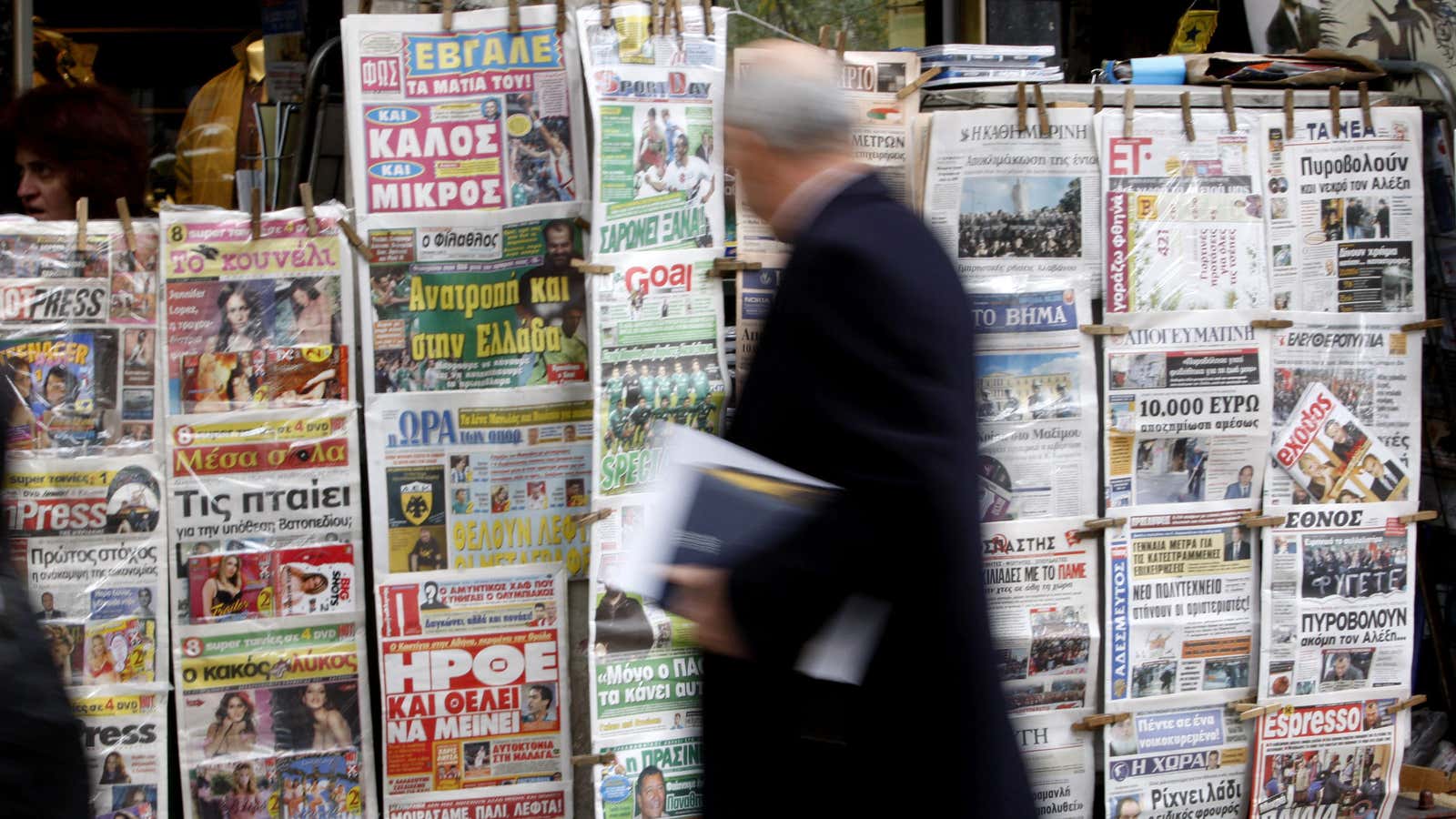Rumors have always spread faster than the truth, and a new study from the Massachusetts Institute of Technology shows just how much this is amplified by the power of social media.
Disinformation on Twitter spreads “farther, faster, deeper, and more broadly” than facts, the researchers say in the study published on March 9 by Science Magazine. It is not armies of bots that are to blame, but humans.
The researchers looked at tweets between 2006 and 2017 containing rumors that had been investigated by fact-checking organizations such as Snopes. The data-set was huge: 126,000 rumor “cascades,” or tweet-and-retweet streams, spread by about 3 million people. The proliferation peaked in the period leading up to the 2016 presidential election.
Here’s just how much more robust the spread of fake news is rather than verified information:
- It takes six times as long for a truth to reach 1,500 people as a lie
- It takes 20 times as long for a truth to reach 10 retweets by unique users as a lie
- Falsehoods are 70% more likely to be retweeted than truths.
Perhaps the most worrying finding of the study is that the falsehoods spread at the same rate and breadth when bots were removed from the dataset, suggesting that humans don’t need much AI-powered help to disseminate lies. It’s also not big social media personalities, “verified” users, or those with multiple followers that are necessarily fueling the spread, but people who are less active on the platform and have significantly smaller followings.
It’s no wonder that people distrust social media platforms. Seven in ten people asked by marketing firm Edelman this year said they worry about fake news being used as a weapon. “Media” is the least trusted institution in 28 global markets the firm surveyed, with many respondents lumping social platforms and search in with traditional news organizations in their definition of the industry.
But it seems that in a world where fake news dominates, real news is valued more. While the trust in social media has dropped slightly—by two percentage points overall, and 11 points in the US— trust in journalism has increased, by five percentage points, and in journalists by 12. At the same time, however, 59% of respondents said that it’s getting harder to tell whether a piece of news comes from a legitimate source or not.
